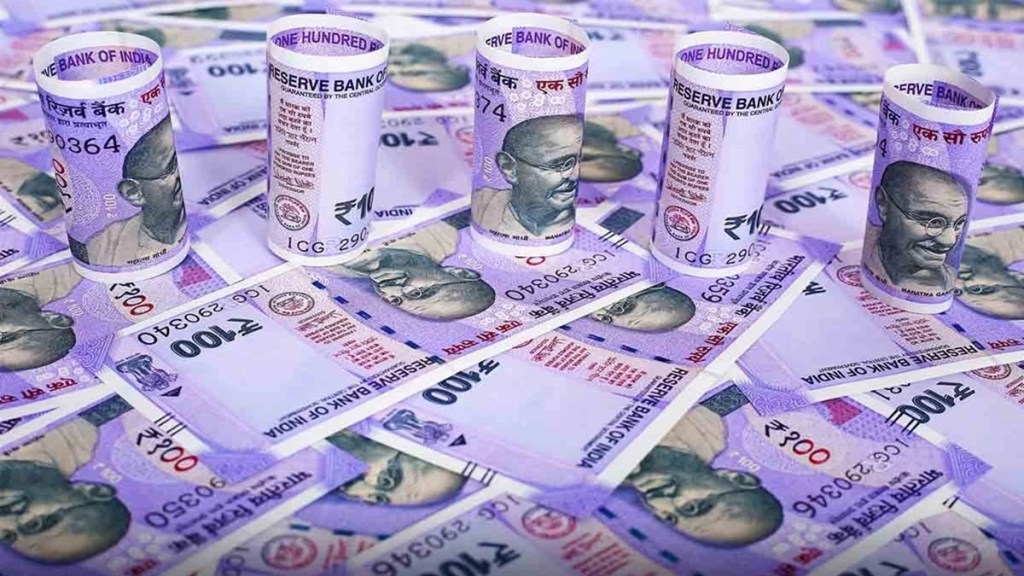The finance ministry on Wednesday permitted CPSEs to park their surplus cash in debt schemes of private sector mutual funds too, a move that will widen their investment avenues and help them generate higher returns.
At present, the CPSEs are permitted to invest in debt-based schemes of SEBI-regulated public sector mutual funds.
Since extant norms allow a CPSE to invest up to 30% of its surplus fund in mutual funds, the private sector MFs could attract substantial funds from CPSEs thanks to the latest decision. The combined surplus of CPSEs was Rs 1.9 trillion in FY21. The surplus funds availability with these companies have been hovering around Rs 2 trillion over the last 7-8 years, with variations depending on capex pace, buybacks and liberal dividends.
Also Read: Rate hike season may have just got longer
The surplus is defined as cash and cash equivalent instruments like current and savings bank balance and liquid instruments of less than 3 months maturity. Besides mutual funds, extant norms allow CPSEs to invest surplus funds in T-Bills, G-secs, term deposits of commercial banks, commercial papers of banks and other public sector undertakings.
The guidelines on the investment of surplus funds by CPSEs essentially deal with the management of surplus funds to prevent these from lying idle, and instead, generate returns. The guidelines were first issued in May 2017. Since then, from time to time, representations were received from CPSEs, mutual funds and private sector banks suggesting changes in certain provisions of the guidelines keeping in view liberalisation policies and the introduction of new monetary instruments for trade-in short terms funds.
These proposals were examined by the inter-ministerial Committee for Monitoring of Capital Management and Dividend in CPSEs (CMCDC) which currently considered all capital restructuring matters of CPSEs, the department of investment and public asset management (Dipam) said.
Accordingly, revised norms also allowed CPSEs to invest funds through Triparty Repo System (TREPS) and Clearcorp Repo Order Matching System (CROMS) where the Clearing Corporation of India Ltd (CCIL) acts as a Central Counter Party.
TREPS Dealing System is an anonymous order matching System provided by CCDS to enable Members to borrow and lend funds. CROMS is an electronic anonymous order matching platform launched on January 27, 2009 to facilitate dealing in market repos of government securities.


